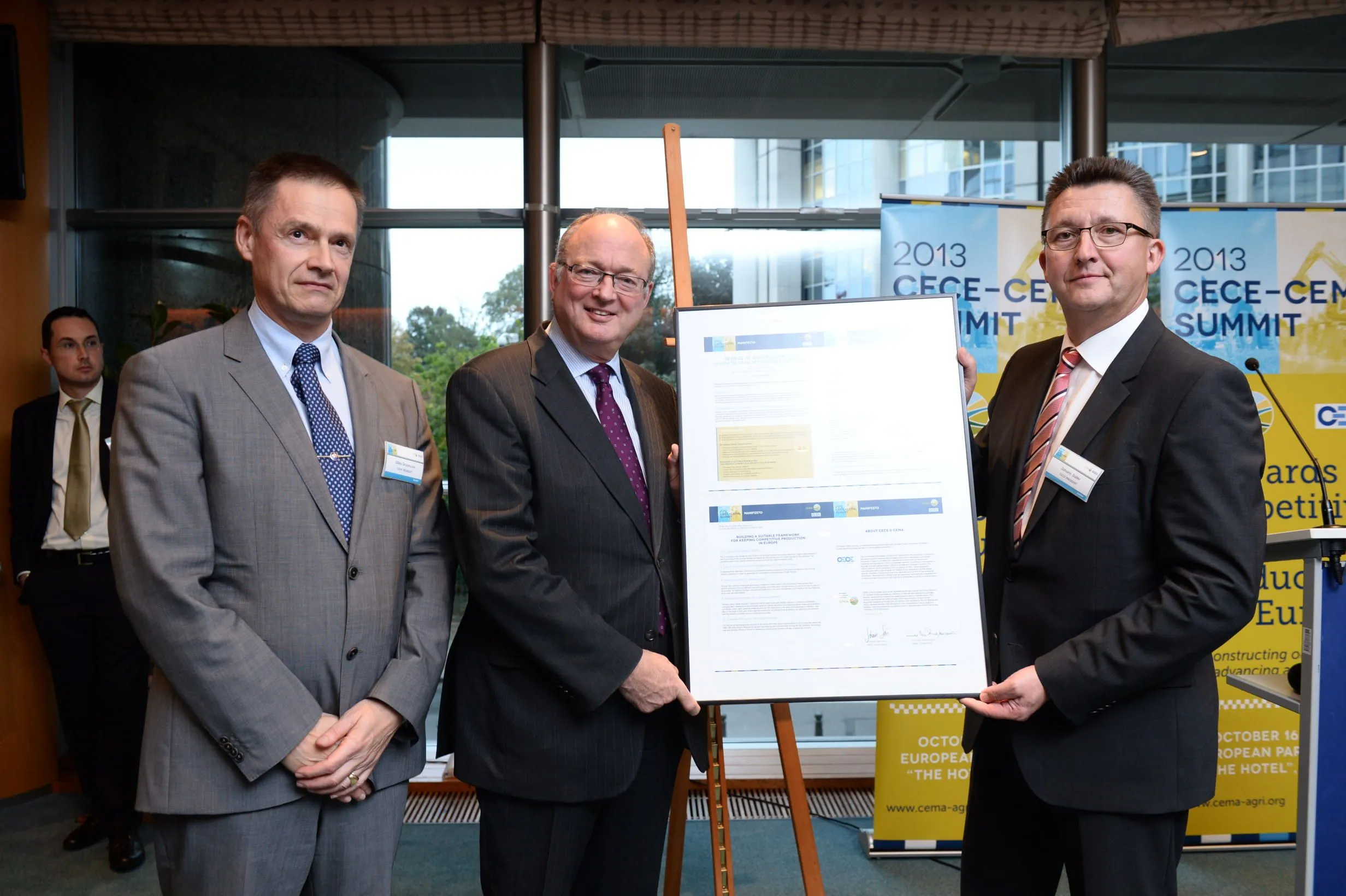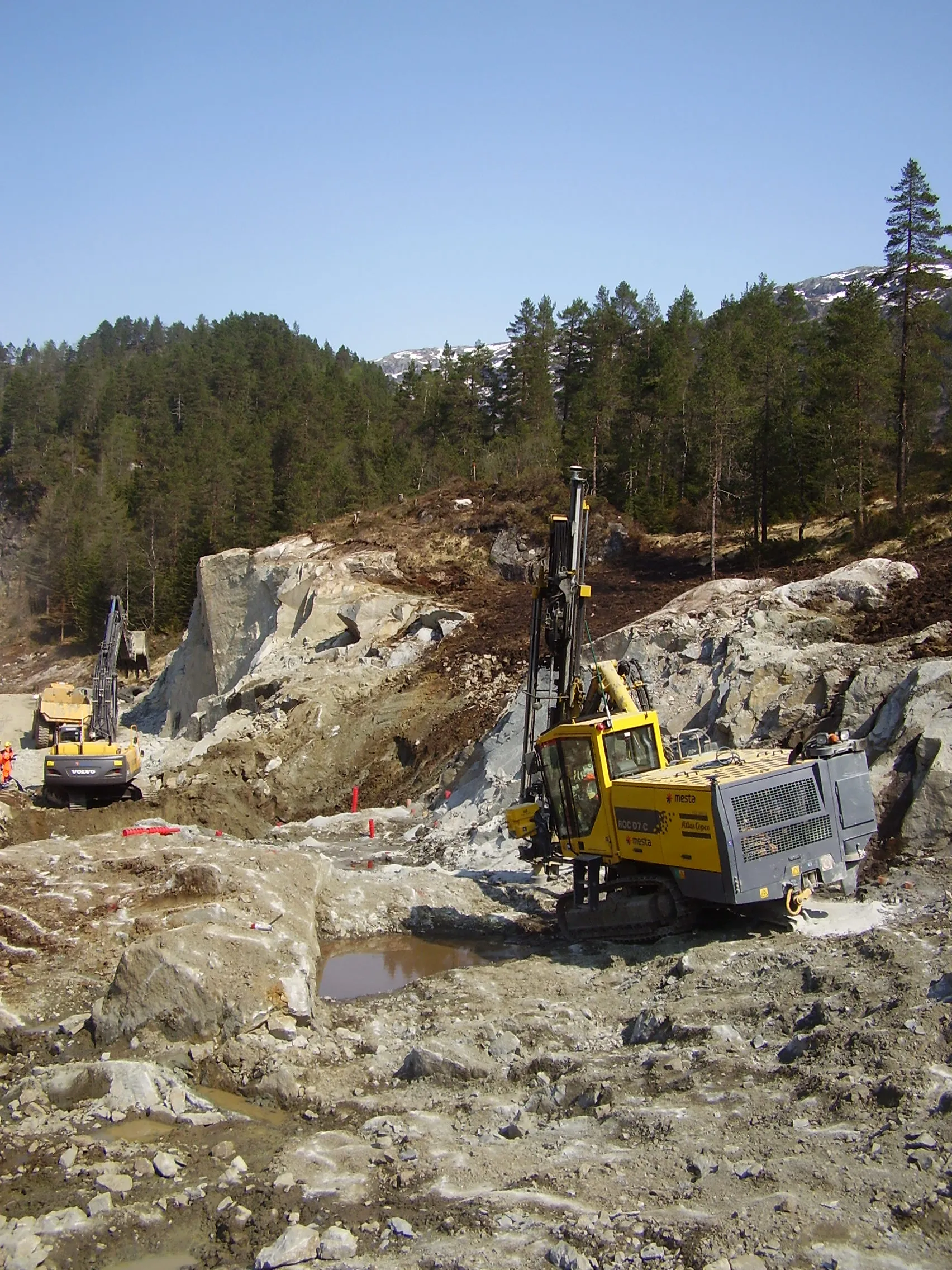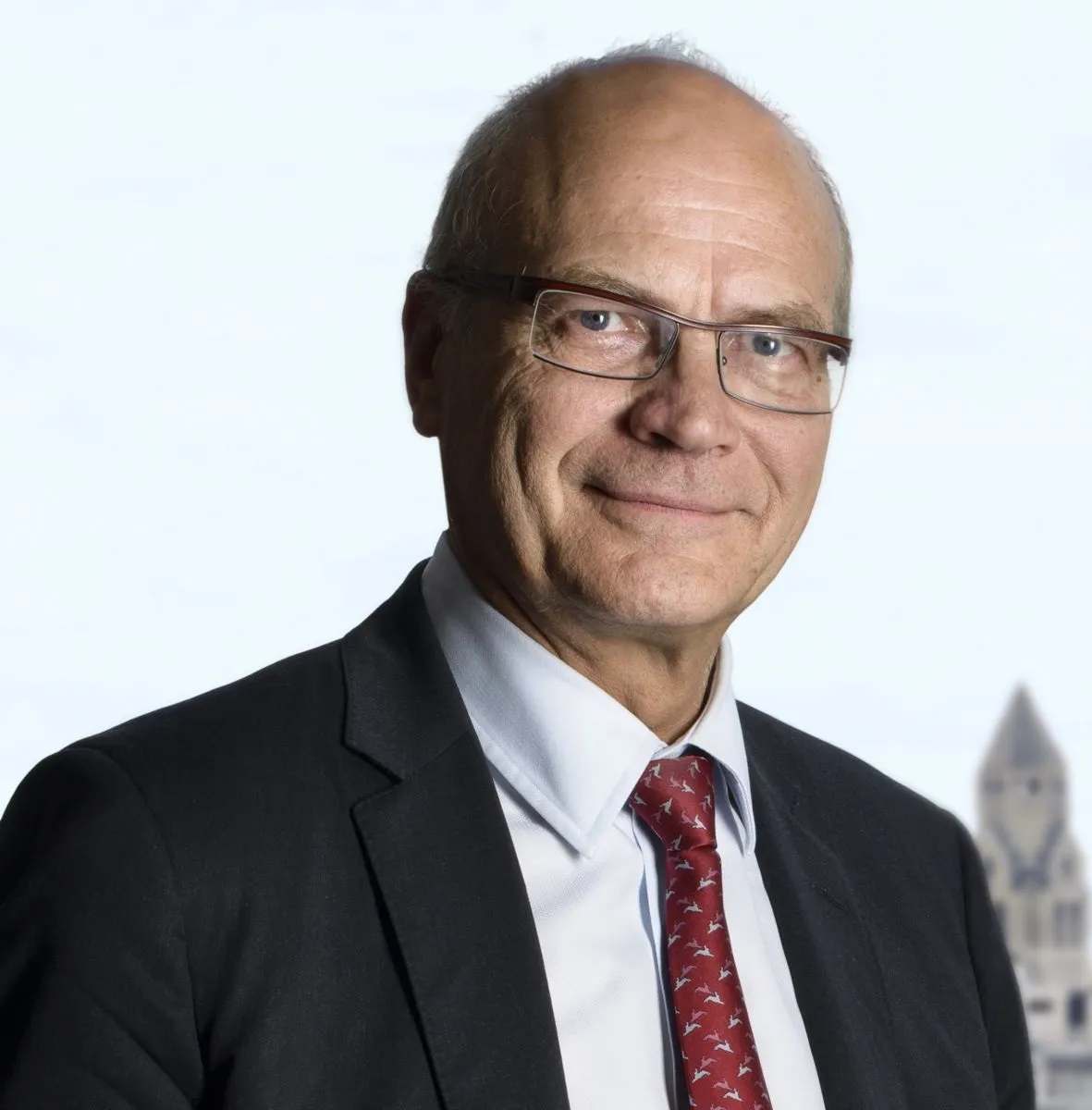The chairman of the European Parliament’s transport committee wants an emphasis on road maintenance and finishing international connecting roads systems than on new grandiose highways.
If national government’s fail to do this, as it’s their responsibility, then the European Union’s major cities can look forward to increasing gridlock in the coming decades.
Congestion and maintenance are first and foremost the responsibility of member states and nobody wants to change this,” said Michael Cramer, chairm
February 3, 2015
Read time: 4 mins
The chairman of the European Parliament’s transport committee wants an emphasis on road maintenance and finishing international connecting roads systems than on new grandiose highways.
If national government’s fail to do this, as it’s their responsibility, then the1116 European Union’s major cities can look forward to increasing gridlock in the coming decades.
Congestion and maintenance are first and foremost the responsibility of member states and nobody wants to change this,” said Michael Cramer, chairman of the transport committee.
“But the EU should use its policies and funds to support a sustainable infrastructure instead of a one-sided focus on new roads. Some incentives already go in the right direction, like the use of intelligent transport systems that help manage transport flows more efficiently…. The current framework still puts too much emphasis on building new infrastructure.”
His comments follow the publication in December of a Special Eurobarometer report looking at the quality of transport. A majority of respondents, 60%, considered congestion and maintenance, 59%, to be the most serious problems concerning roads in Europe.
Cramer, a European Parliament Member for Berlin, will be a keynote speaker at this month’s first Pavement Preservation & Recycling Summit in Paris that aims to highlight the need to properly maintain the transport infrastructure.
Cramer said European citizens already see that the policy of "more is better" is absolutely outdated. “Over the past decades, most politicians and administrations have been obsessed with building new infrastructure and neglected the maintenance and better use of existing roads. We have come to a point where we cannot ignore the negative effects anymore.”
He said roads and bridges have to be closed due to a lack of minimum maintenance. “One of the most prominent examples is the bridge crossing the Rhine near Cologne in Germany. Vehicles of more than 3.5 tonnes are not allowed any more to use it and will have to make detours for many years to come.”
Cramer said he wants politicians to adopt the frame of mind of "do better with what we have" in the coming year. “Maintenance and more efficient use of existing infrastructure must have absolute priority. And I am happy to see that both our citizens and the participants of the first Pavement Preservation & Recycling Summit share this belief.”
Michael Cramer, a member of the Green/Free European Alliance, will be speaking on the issue during his keynote address in the opening session of the PPRS event, from February 22-25.
Road users’ associations will also be present, as well key companies and government organisations involved in designing, building and maintaining road networks, not just in Europe, but globally. They’ll be engaged in discussions surrounding levels of service and financial committments required to address concerns of road quality, environmental impact and mobility issues.
Importantly, attendees will learn how, during these austere times, to put the business case forward to ensure more investment is there when and where it is needed.
“Insufficient maintenance has created a backlog and is affecting service levels,” said Jean-Francois Corte, secretary general of the World Road Association (PIARC), based in Paris.
“What’s needed right now is at least a medium-term vision to embrace the right type of maintenance, a strong strategy. Because there has been insufficient maintenance, road networks are degrading faster. Many highways authorities don’t have this medium- or long-term approach to highway maintenance because they are bound by their government’s annual budgets.”
A recent publication by PIARC, called The Importance of Road Maintenance, is available as a free download on the3141 PIARC website.
To find out more about the three-day7924 PPRS 2015 event and register, please visit the official PPRS website.
If national government’s fail to do this, as it’s their responsibility, then the
Congestion and maintenance are first and foremost the responsibility of member states and nobody wants to change this,” said Michael Cramer, chairman of the transport committee.
“But the EU should use its policies and funds to support a sustainable infrastructure instead of a one-sided focus on new roads. Some incentives already go in the right direction, like the use of intelligent transport systems that help manage transport flows more efficiently…. The current framework still puts too much emphasis on building new infrastructure.”
His comments follow the publication in December of a Special Eurobarometer report looking at the quality of transport. A majority of respondents, 60%, considered congestion and maintenance, 59%, to be the most serious problems concerning roads in Europe.
Cramer, a European Parliament Member for Berlin, will be a keynote speaker at this month’s first Pavement Preservation & Recycling Summit in Paris that aims to highlight the need to properly maintain the transport infrastructure.
Cramer said European citizens already see that the policy of "more is better" is absolutely outdated. “Over the past decades, most politicians and administrations have been obsessed with building new infrastructure and neglected the maintenance and better use of existing roads. We have come to a point where we cannot ignore the negative effects anymore.”
He said roads and bridges have to be closed due to a lack of minimum maintenance. “One of the most prominent examples is the bridge crossing the Rhine near Cologne in Germany. Vehicles of more than 3.5 tonnes are not allowed any more to use it and will have to make detours for many years to come.”
Cramer said he wants politicians to adopt the frame of mind of "do better with what we have" in the coming year. “Maintenance and more efficient use of existing infrastructure must have absolute priority. And I am happy to see that both our citizens and the participants of the first Pavement Preservation & Recycling Summit share this belief.”
Michael Cramer, a member of the Green/Free European Alliance, will be speaking on the issue during his keynote address in the opening session of the PPRS event, from February 22-25.
Road users’ associations will also be present, as well key companies and government organisations involved in designing, building and maintaining road networks, not just in Europe, but globally. They’ll be engaged in discussions surrounding levels of service and financial committments required to address concerns of road quality, environmental impact and mobility issues.
Importantly, attendees will learn how, during these austere times, to put the business case forward to ensure more investment is there when and where it is needed.
“Insufficient maintenance has created a backlog and is affecting service levels,” said Jean-Francois Corte, secretary general of the World Road Association (PIARC), based in Paris.
“What’s needed right now is at least a medium-term vision to embrace the right type of maintenance, a strong strategy. Because there has been insufficient maintenance, road networks are degrading faster. Many highways authorities don’t have this medium- or long-term approach to highway maintenance because they are bound by their government’s annual budgets.”
A recent publication by PIARC, called The Importance of Road Maintenance, is available as a free download on the
To find out more about the three-day









